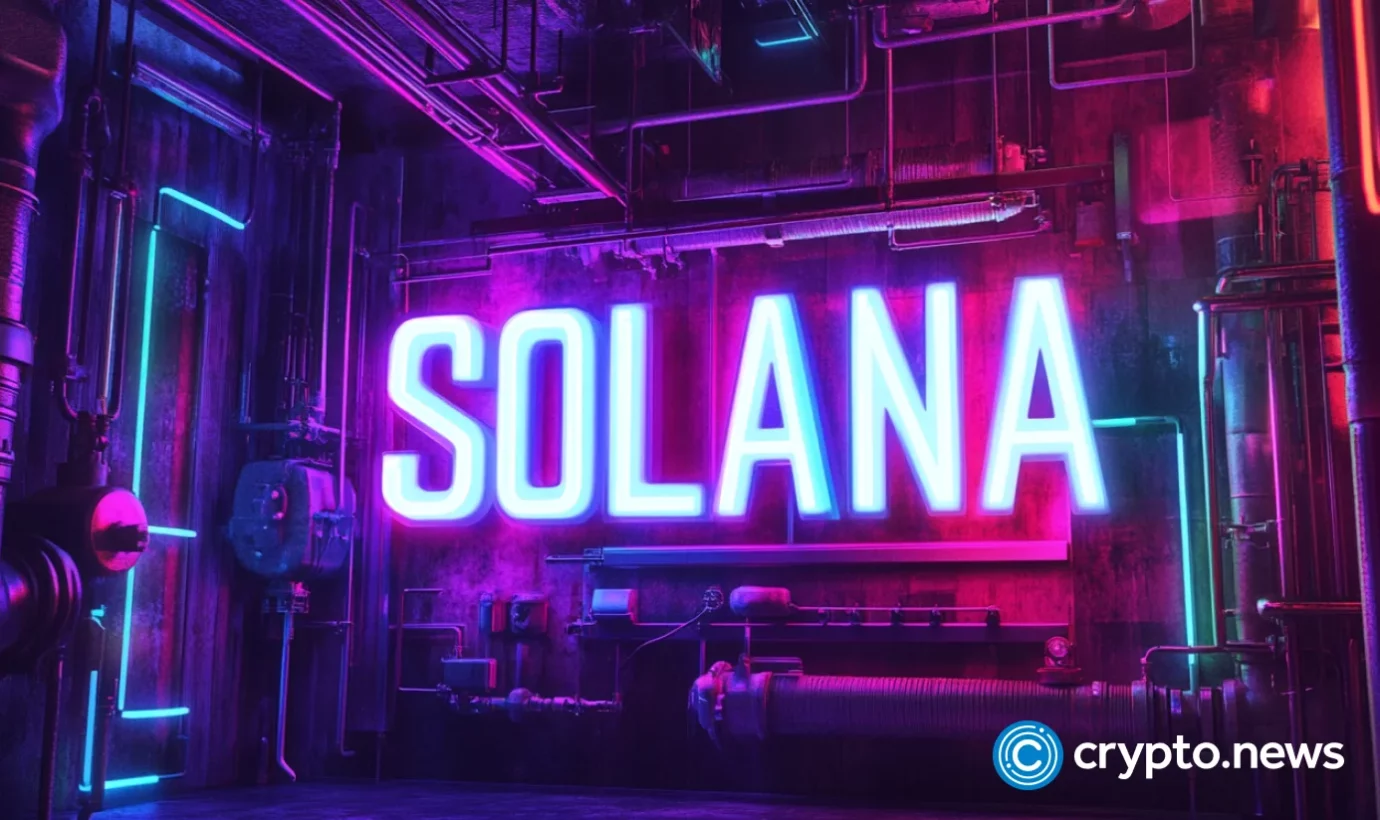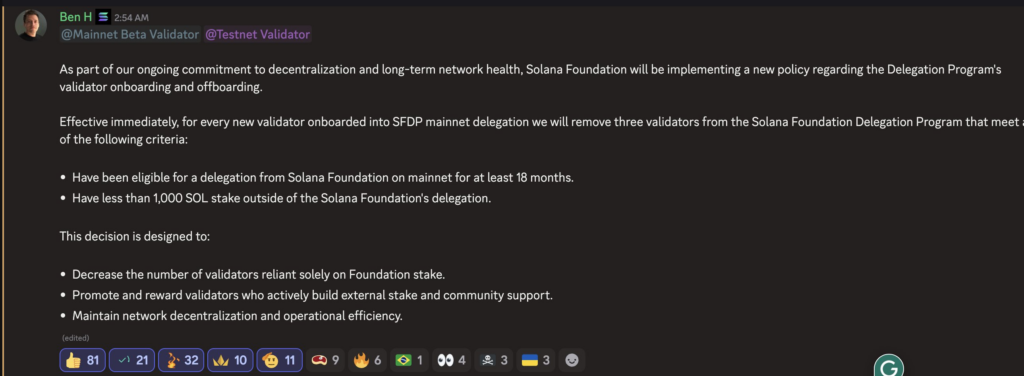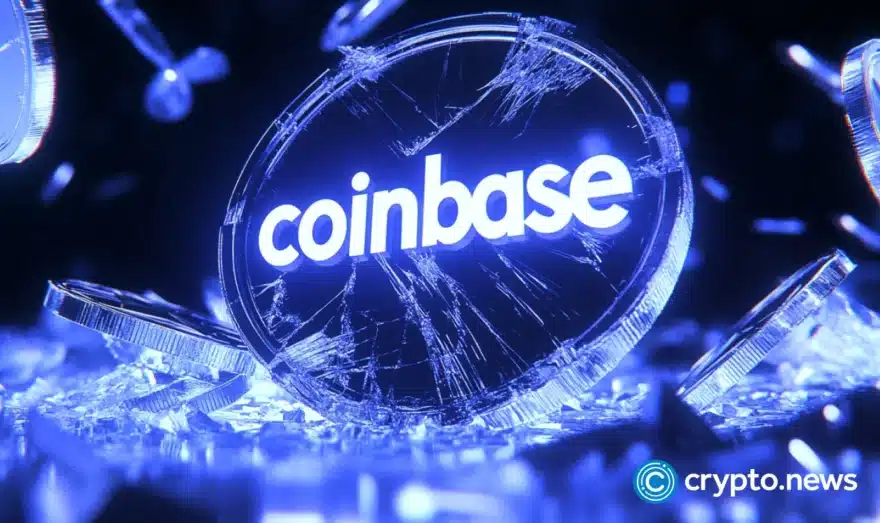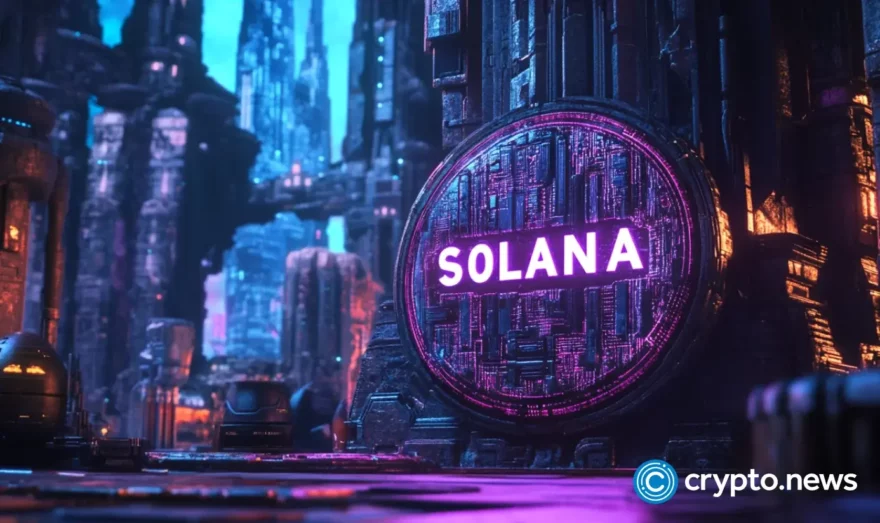Solana Foundation to slash support for ‘validators in name only’ in a decentralization push

In an effort to increase decentralization, the Solana Foundation aims to cut “validators in name only,” which rely solely on the Foundation’s stake.
Solana (SOL) is bringing changes that aim to overhaul how its staking delegation program works. On Wednesday, April 23, Ben Hawkins, head of the staking ecosystem at the Solana Foundation, revealed that it would start cutting validators with a low external stake count.

Specifically, for each new validator that enters the delegation program, the Foundation will cut three other validators with a low external stake. This applies to validators that have fewer than 1,000 staked SOL outside those under the delegation program. These can be cut if they have been eligible for delegation for at least 18 months.
Solana faces centralization concerns for validators
The decision aims to reduce the number of validators that rely solely on the Solana Foundation for their validation stake. At the same time, the Foundation wants to promote validators that are growing the staking community on Solana.
Due to high computational costs, running a validation node for Solana is extremely costly. According to some estimates, the cost of just running the servers ranges from $45,000 to $68,000 per year, which does not include hardware costs.
This means that only large validators can hope to make a profit from running nodes, assuming no support from the Foundation. Conversely, this situation leads to centralization risks, as smaller validators can’t join the network.
Still, thanks to large staking rewards, Solana has one of the highest shares of staked tokens among major chains. Currently, 65% of Solana’s circulating supply is locked up in staking pools. In comparison, just 28% of ETH and 21% of BNB are staked.
According to Coinbase, users can earn 5.84% annual percentage yield on Solana. However, these returns are denominated in SOL, not USD, which makes yields subject to significant volatility.














